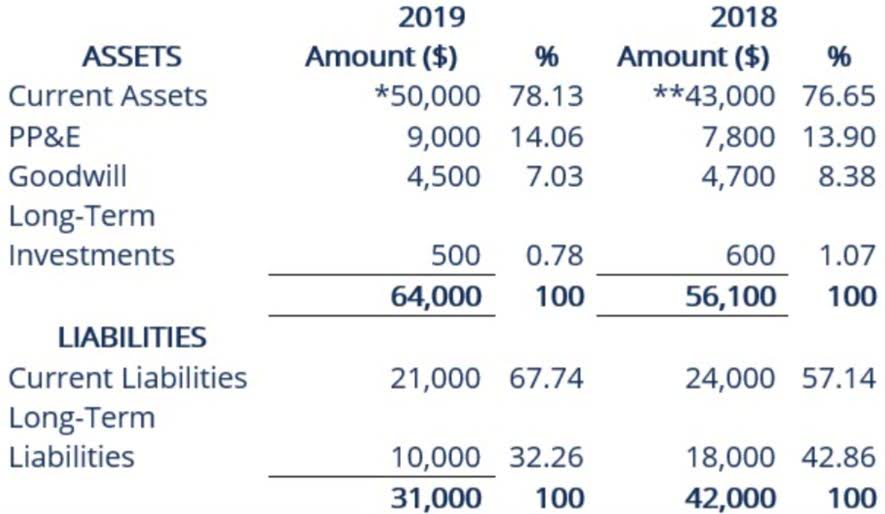
Automation features, such as automated bank reconciliations and customizable financial statements, simplify the day-to-day real estate accounting processes. Xero‘s accounting tools are especially useful for smaller businesses that want robust reporting capabilities but don’t want to deal with a complex learning curve. Depreciation refers to the decrease in value of a property over time due to wear and tear. Understanding how to calculate and record depreciation is an essential part of real estate accounting. You’ll need to account for capital gains or losses, as well as transaction costs such as broker commissions and transfer taxes.
Marketing and Advertising
- Many popular platforms like QuickBooks, FreshBooks, or specialized real estate accounting software offer these features.
- Streamlining your real estate accounting process is crucial not just for tax compliance, but also for accurately gauging the financial health of your business and making informed strategic decisions.
- Whether you’re a seasoned agent or just starting out, these best practices will help you stay organized, make informed decisions, and maximize your profitability.
- Therefore, the guidance note on real estate transactions accommodates industry’s peculiarities and provides detailed guidance on recognition of contract revenue and costs.
- Many real estate professionals use accounting software or hire accountants to simplify the process.
- Stay tuned as we navigate the intricacies of financial management in the ever-changing landscape of real estate.
By maintaining a detailed spreadsheet or utilizing property management software, you can keep accurate records and ensure that your financial information is always up to date. The ideal software should handle property-specific transactions, offer robust reporting features, and integrate with other tools you use, like your property management system or banking platform. Scalability is also important; choose software that can grow with your business. Finally, user-friendliness can accounting for real estate transactions make a big difference in how efficiently you can manage your finances. Sandra Habiger is a Chartered Professional Accountant with a Bachelor’s Degree in Business Administration from the University of Washington.

Income
They’re important regulations, but they can also be overwhelming, especially if your real estate business is small. If you’re not sure where to get started, here’s some friendly advice—hire an accounting service for real estate professionals. Emphasizing good accounting practices brings in the advantage balance sheet of tax savings. As someone in real estate, you must be aware of the various taxes that apply to the field.
Stay Compliant with Regulations

Your income as a real estate agent isn’t always consistent, which makes cash flow management crucial. Accounting and bookkeeping serve different purposes in managing your real estate business finances. Proper documentation of travel expenses helps you make informed decisions about expanding your service Bakery Accounting area and pricing your services appropriately. It’s also crucial for maximizing your tax deductions while staying compliant with IRS requirements.
- Smart financial management is the cornerstone of a successful real estate business.
- For California-specific guidance, consider exploring resources from the California Society of CPAs.
- Modern accounting software can automate many of your routine tasks and help you maintain better records with less effort.
- This method provides useful information to the extent of contract activity and performance during a period.
TL;DR (Too Long; Didn’t Read) summary for real estate accounting guide:

Ensure a legal professional reviews all contracts and that all financial data is verified before finalizing deals. Regular audits of your financial records can catch errors before they become larger issues. Real estate accounting directly impacts your tax obligations by determining the accuracy of your financial reporting. A robust strategy ensures that all income and expenses are correctly recorded, helping you calculate your taxable income accurately and identify applicable deductions. Using accounting software designed for real estate can help you keep everything organized and automate compliance tasks. Also, consulting with a CPA familiar with real estate tax laws can ensure that your tax returns are accurate and submitted on time, helping you avoid penalties.

Accrual accounting allows for a more accurate financial assessment since it records expenses when they are due rather than when they are paid. Capitalizing property acquisitions and calculating depreciation are critical in real estate accounting. Capitalization involves recognizing the purchase cost of a property as an asset on the balance sheet, spreading the expense over its useful life. On the other hand, cash accounting records transactions only when cash is received or paid.
